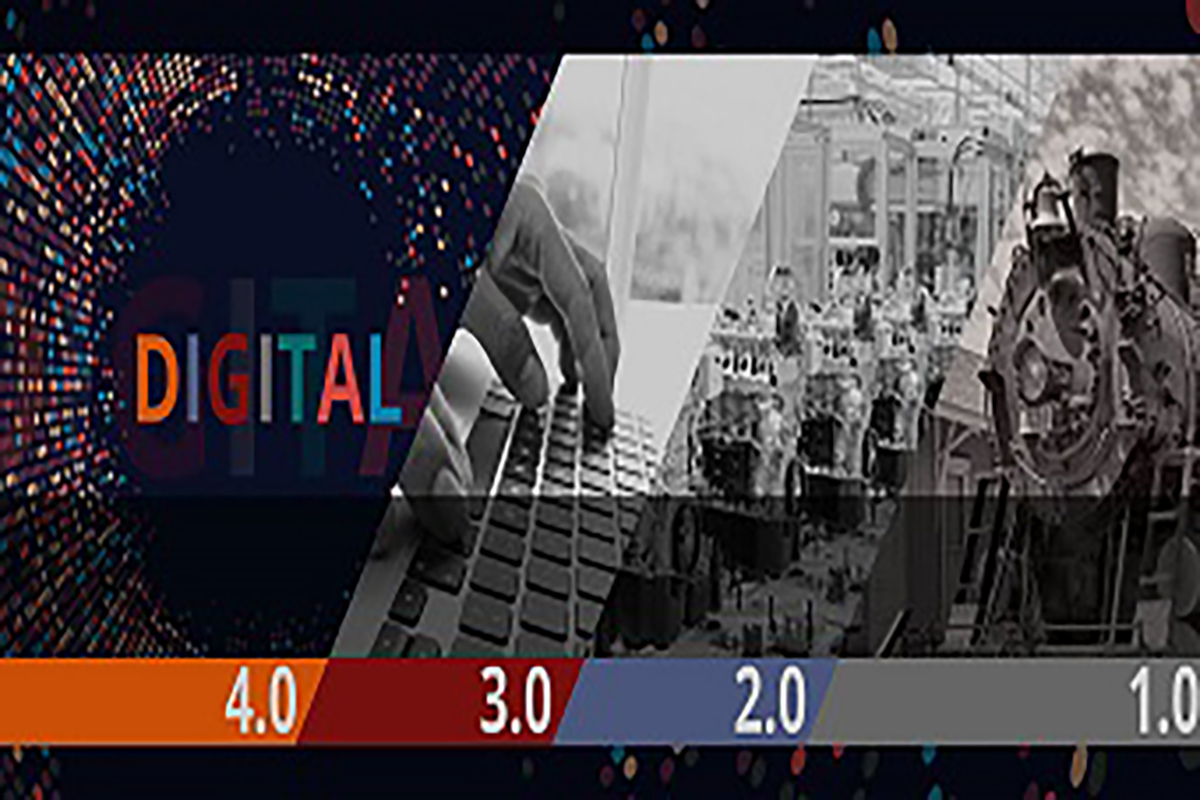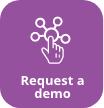This is the second article in our series on the Fourth Industrial Revolution. In this article we will be focusing on how Machine Learning will change businesses, increasing efficiency and the speed at which customers expect to receive services via a business digital platforms.
Robots to the rescue?
At the heart of the Fourth Industrial Revolution lies Machine Learning, part of Artificial Intelligence. Artificial Intelligence itself is a relatively new, but hyper-paced technology relying on two interlinked breakthroughs, algorithms and data streaming at scale. Whilst many of these algorithms have existed for decades, the ability to process truly huge datasets is relatively new.In a developed country the only way for the economy to continue to grow is if it keeps digitizing. In this new world, those who can process more data have a major advantage over those who cannot. This is because Machine Learning improves over time, as systems ‘learn from their mistakes’ and adapt to new situations as increasing amounts of data enters the systems. Amazon’s deep learning has major advantages over other retailers, simply because it sees more transactions and so it can make smarter inferences. In simple terms the more shopping baskets it sees, the more sales it can make.


The opening skirmish and the long game
Many banks, SunTec customers and others, are making great early strides, with better use of open interfaces, also known as Application Programming Interface (API) banking. They are increasing the mobility of their digital offerings and enhancing user interfaces to the level modern customers expect. Their next challenge immediately awaits them; how to further reduce friction across their services and become more responsive to customers current and future needs.The decision to adapt their mindset to digital innovation raises other dilemmas “Can I create all the services I need fast enough?” or “Would my customers be better served by someone else’s solution?” The pace at which mobile customers can force system changes means banks are best to focus on serving their chosen niche better than any rival. Inconveniently, this may only become clear after they have API-enabled their services and observed their customers’ reactions, it is a long game.




